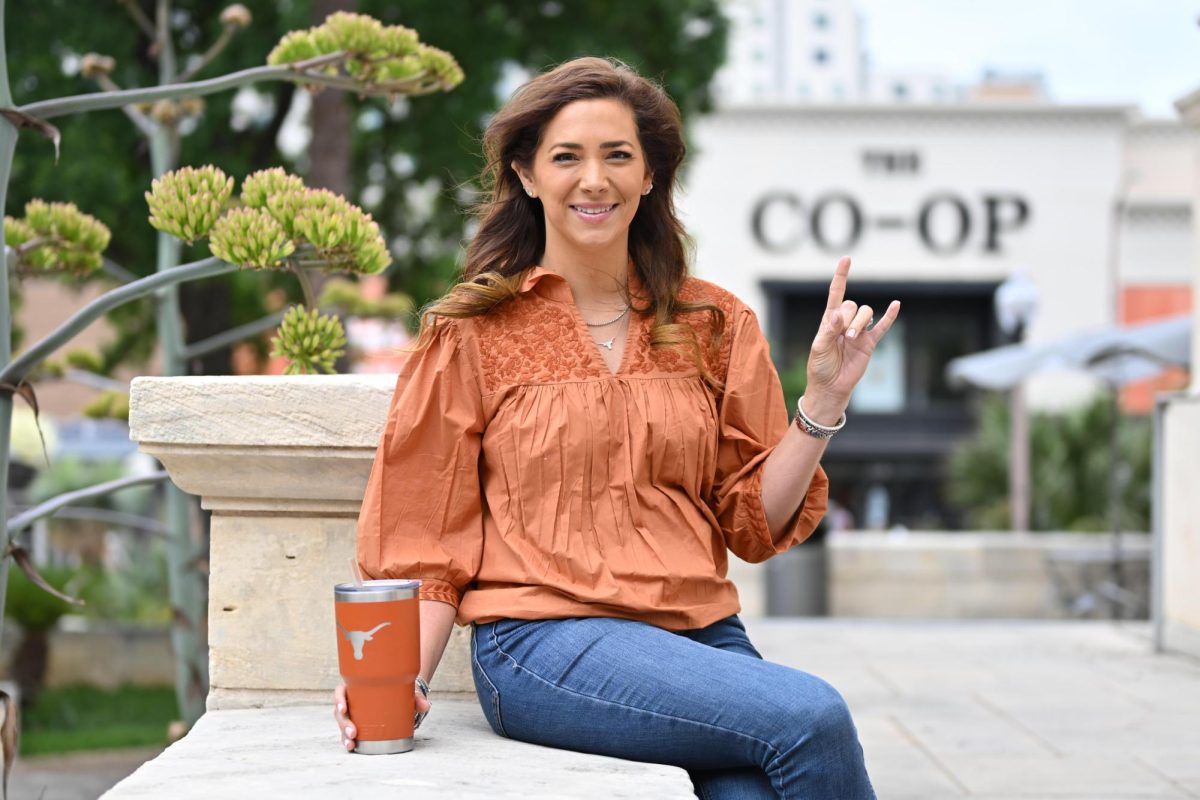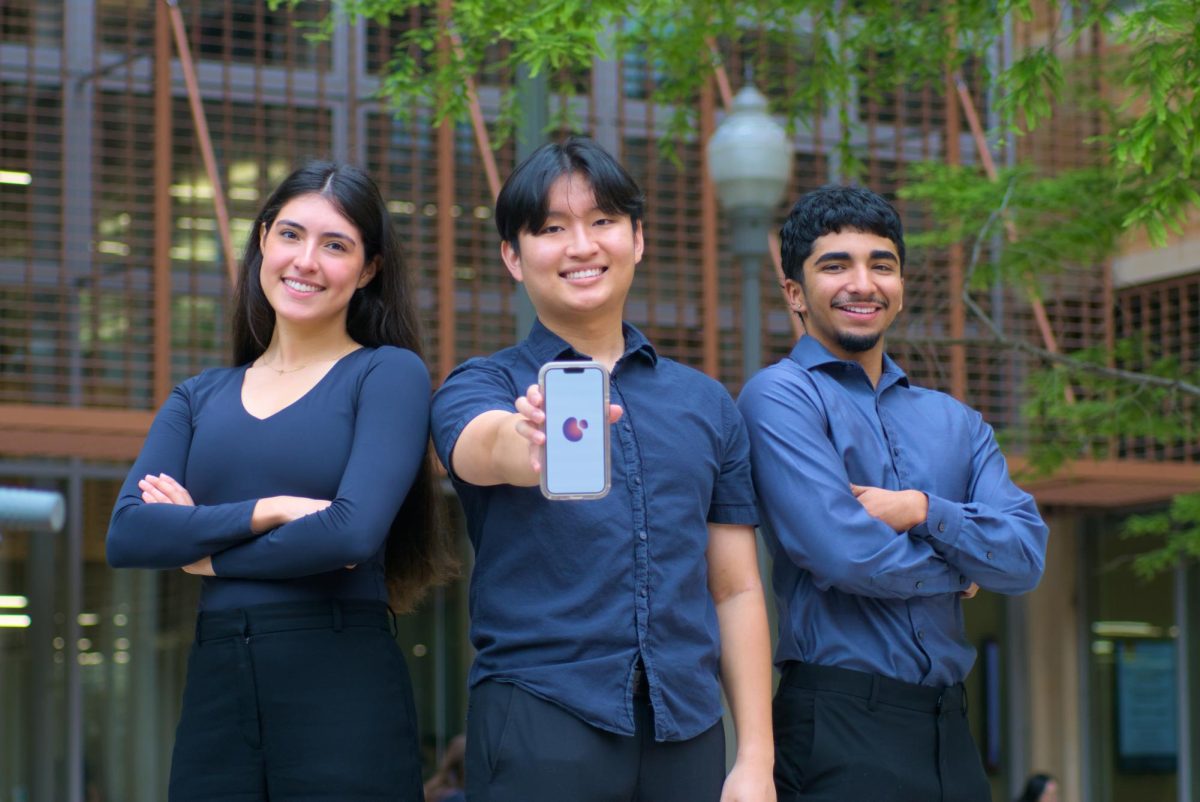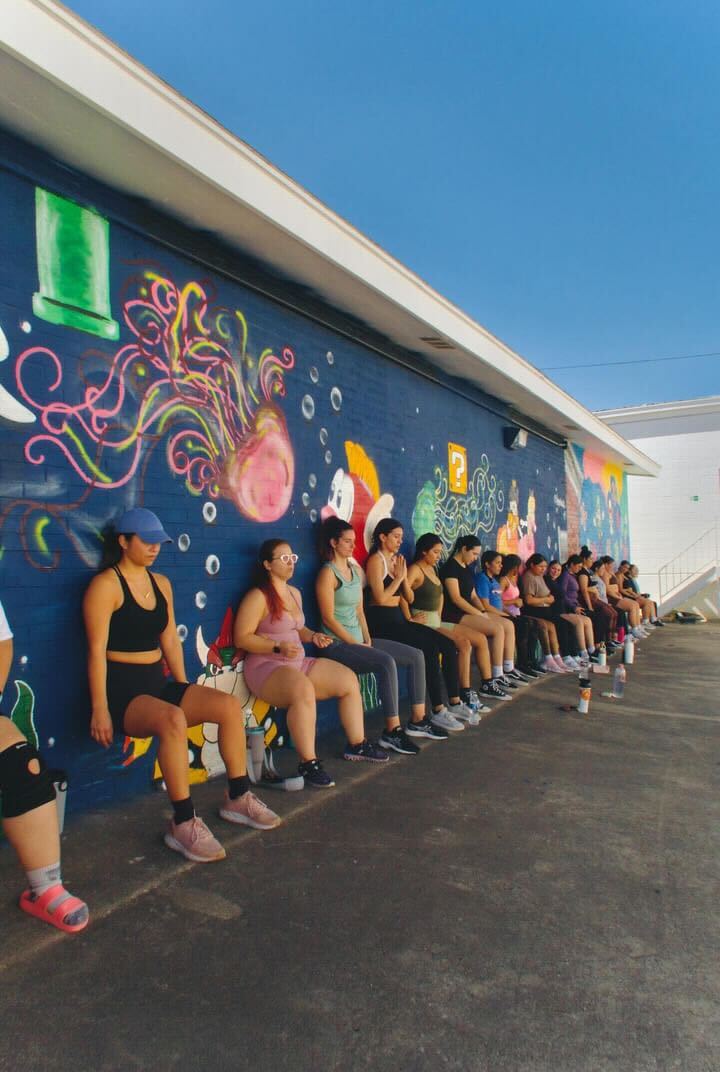As students trickle into the first floor of Mezes Hall, multilingual chatter ricochets off the walls. Talk Time will begin soon.
Hosted weekly, the Talk Time program aims to foster a space for students enrolled in UT English Language Center courses to connect with volunteer native English speakers. For one hour, students and volunteers divide into small groups and converse about varying topics, ranging from family structures to modes of transportation.
Michael Smith, director of the English Language Center, said among the Intensive English Program and the undergraduate and graduate courses, 250 students hail from 40 different countries.
“(For our ELC) students, we know that the best way they’re going to learn the language is to connect with native speakers in some way, and it’s tough to do that,” Smith said. “So we create different kinds of activities to connect them with native speakers, (and) Talk Time is one of those ways we do that.”
Ellen Butki, an academic coordinator within the ELC, said Talk Time students choose between beginner, intermediate and advanced rooms. After Talk Time ends, Butki enjoys seeing connections form between students of differing levels.
“What I like the best are the students hanging out and talking afterward,” Butki said. “These are students from all different levels, all different countries, mixing together in ways that they wouldn’t necessarily in their classes.”
Butki said Talk Time serves as a safe place for students to practice their speaking.
“(Talk Time) gives the students a different way of interacting with people,” Butki said. “People who may be shy or quieter in classes might feel (more comfortable) with a different environment or different type of person (to talk) to.”
Biochemistry junior Peter Kim, who serves as a volunteer, said he heard about the program during his freshman year. He said Talk Time interested him because he understands students’ multicultural identities.
“My family immigrated here when I was four, and my parents did something similar to Talk Time when they first came here,” Kim said. “(My parents) were really thrilled about it and always came home with a little bit more courage to go about their daily life in a foreign country because the volunteers are so kind. Even though it seems like a small fraction of the week, it really means a lot to some of these people that have Talk Time as one of their only sources of community.”
Last year, Kim said that he would get coffee with Talk Time students every Thursday morning and host dinner parties at his apartment.
“An hour a week is so little, (so) hanging out with students outside, (like watching) hockey, or going to the park, (is) really, really sweet,” Kim said. “They have become some of my really close friends. It’s been cool to see it grow into a real friendship.”
















